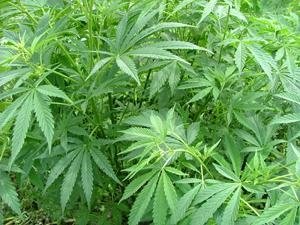08 Nov Labels of Majority of Online Cannabidiol Extracts Contain Inaccuracies
MedicalResearch.com Interview with:
Marcel Bonn-Miller, PhD
Adjunct assistant professor
Department of Psychiatry
Leader of the Substance Abuse and Anxiety Program
U.S. Veterans Affairs Department
MedicalResearch.com: What is the background for this study? What are the main findings?
Response: A 2015 study found that edible cannabis products (e.g., brownies, cookies, drinks) are often mislabeled. The FDA has also sent warning letters to a handful of companies selling cannabidiol extracts because of inaccurate labeling of content. This led us to conduct a systematic evaluation of the label accuracy of all cannabidiol extracts sold online. We tested 84 products from 31 different companies.
The primary take-home of this study is that nearly 70 percent of all cannabidiol extracts sold online had over 10% more or less cannabidiol than advertised; 26% of products were over-labeled (less cannabidiol than indicated) and 42% of products were under-labeled (more cannabidiol than indicated).
MedicalResearch.com: What should clinicians and patients take away from your report?
Response: While there is little downside for individuals who are receiving more cannabidiol than expected, the fact that 26% of products were over-labeled means that many people are spending a significant amount of money buying cannabidiol extract that actually has low levels of cannabidiol in it. This is particularly problematic as cannabidiol extracts are primarily used for medicinal purposes.
We also found that these extracts have other cannabinoids, including THC, in them. These other cannabinoids were not included in the labels, and at significant quantities can lead to a number of negative side-effects.
Cannabidiol is federally illegal and, because of this, the food and drug administration does not provide the oversight to this industry to assure that this mislabeling does not occur.
MedicalResearch.com: What recommendations do you have for future research as a result of this study?
Response: Future research should focus on continuing to test and track the label accuracy of cannabidiol extracts over time to determine whether bringing attention to mislabeling of products leads the market to self-correct and improve their practices.
MedicalResearch.com: Thank you for your contribution to the MedicalResearch.com community.
Citation:
Note: Content is Not intended as medical advice. Please consult your health care provider regarding your specific medical condition and questions.
[wysija_form id=”1″]
Last Updated on November 8, 2017 by Marie Benz MD FAAD

